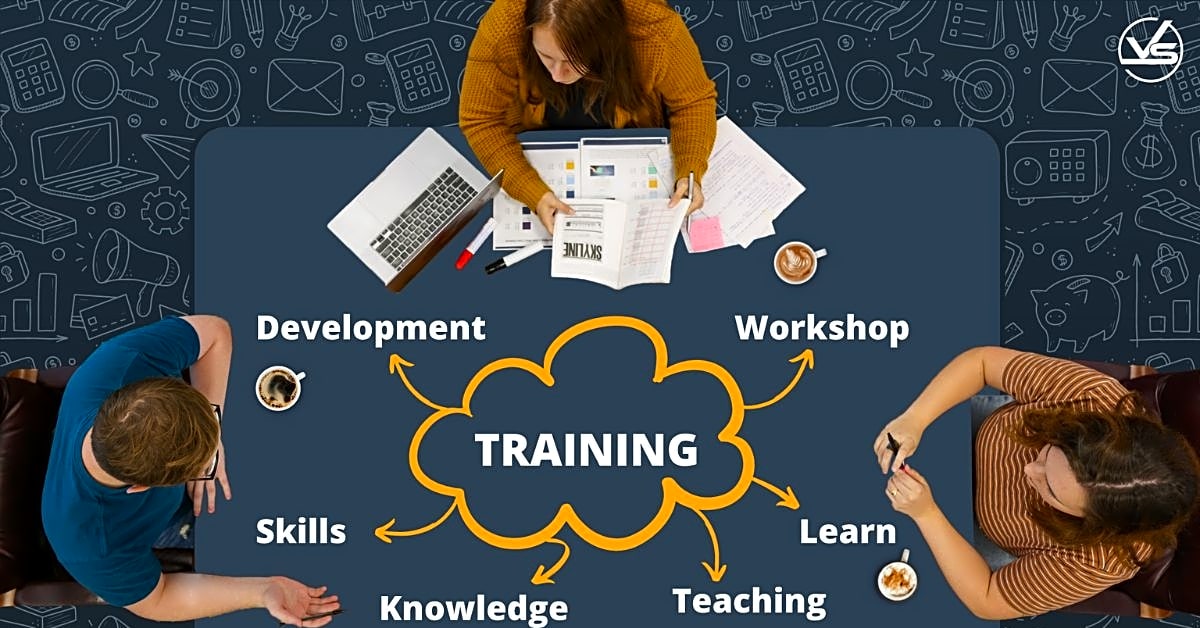When it comes to running a successful business, having strong critical thinking skills is crucial. In today’s fast-paced and ever-changing business landscape, being able to think critically and make informed decisions is what sets successful leaders apart. Whether you are an entrepreneur, manager, or team member, developing critical thinking skills is essential for making sound decisions that drive business growth. In this article, we will explore the importance of developing critical thinking skills for business management and how it can benefit your organization. We will also provide practical tips and strategies for improving your critical thinking abilities. So, let’s dive into the world of critical thinking and decision-making in the business world.
First and foremost, critical thinking involves the ability to analyze and evaluate information in a logical and objective manner. This means being able to identify biases and assumptions, question the validity of information, and consider alternative perspectives. In business management, this skill is crucial for making sound decisions that can impact the success of your organization.
Let’s start by looking at leadership. Critical thinking allows you to assess situations and make strategic decisions based on data and evidence rather than emotions or personal opinions. This can help you avoid common pitfalls such as groupthink and confirmation bias, leading to better outcomes for your team.
When it comes to project management, critical thinking helps you plan and execute tasks in a systematic and efficient manner. By considering all potential factors and anticipating potential challenges, you can avoid mistakes and keep your projects on track.
Time management is another important aspect of business management that can benefit from critical thinking. By analyzing your workload and prioritizing tasks based on their level of importance and urgency, you can use your time more effectively and increase productivity.
Effective team building also requires critical thinking. By understanding the strengths and weaknesses of your team members, you can assign tasks accordingly and foster a cohesive and productive work environment. Additionally, critical thinking can help you address conflicts and resolve issues within your team.
Communication is a vital skill in business management, and critical thinking plays a key role here as well. By carefully considering your audience and the purpose of your communication, you can effectively convey your message and avoid miscommunication.
Problem solving is another area where critical thinking shines. By breaking down complex problems into smaller, more manageable parts and analyzing each part individually, you can come up with creative solutions that may not have been obvious at first glance.
Organizational skills are essential for managing a business, and critical thinking can help you stay organized and efficient. By prioritizing tasks, delegating responsibilities, and setting realistic goals, you can keep your business running smoothly.
Finally, critical thinking can lead to increased productivity in your business. By using data and evidence to inform your decisions and constantly seeking out opportunities for improvement, you can make strategic choices that will benefit your organization in the long run.
Key Elements of Critical Thinking
Leadership is a crucial aspect of critical thinking for business management. As a leader, you need to be able to analyze situations, consider different perspectives, and make decisions that will benefit your team and the organization as a whole. Critical thinking allows you to assess information objectively and make sound judgments, which is essential for effective leadership.
Project management also heavily relies on critical thinking skills. As a business manager, you are responsible for overseeing projects and ensuring they are completed efficiently and within budget. Critical thinking helps you identify potential roadblocks, evaluate risks, and come up with creative solutions to keep your project on track.
Time management is another area where critical thinking can greatly benefit business managers. By being able to prioritize tasks and make efficient use of time, you can improve productivity and meet deadlines effectively. Critical thinking allows you to assess which tasks are most important and allocate your time accordingly.
Building a strong team is essential for any business manager. Critical thinking helps you understand the strengths and weaknesses of your team members, identify areas for improvement, and foster collaboration and communication within the team. This ultimately leads to a more cohesive and productive team.
Effective communication is also a vital element of critical thinking for business managers. Being able to convey information clearly and effectively is crucial for leading a team and making informed decisions. Critical thinking allows you to carefully consider your words and how they may be interpreted by others, leading to better communication and understanding.
Problem solving is another key aspect of critical thinking. As a business manager, you are constantly faced with challenges and obstacles that require quick and effective solutions. Critical thinking helps you approach problems from different angles, consider potential consequences, and find the best course of action.
Having strong organizational skills is essential for managing a business. Critical thinking allows you to analyze and prioritize information, create effective strategies, and stay organized amidst the fast-paced and ever-changing business world.
Finally, critical thinking can greatly improve productivity for business managers. By being able to think critically and make informed decisions, you can streamline processes, identify inefficiencies, and ultimately increase productivity for yourself and your team.
In conclusion, developing critical thinking skills is crucial for business management success. By utilizing these skills in various aspects of your role, from leadership to productivity, you can make better decisions, improve teamwork, and increase efficiency within your organization. Remember to continuously evaluate and improve your critical thinking abilities to stay ahead in today’s competitive business world.






